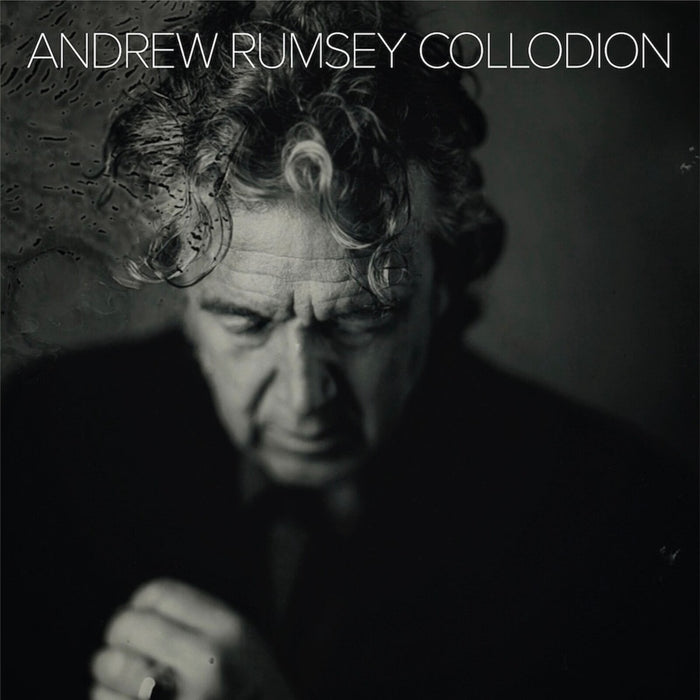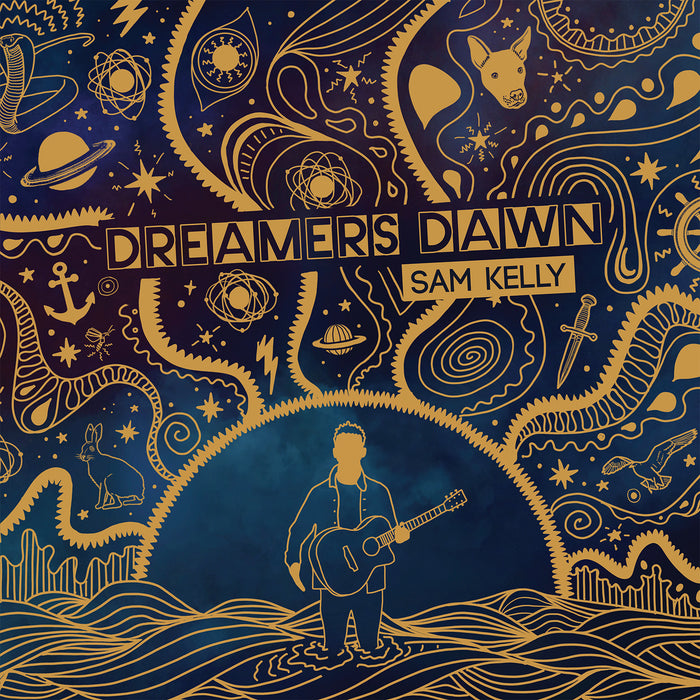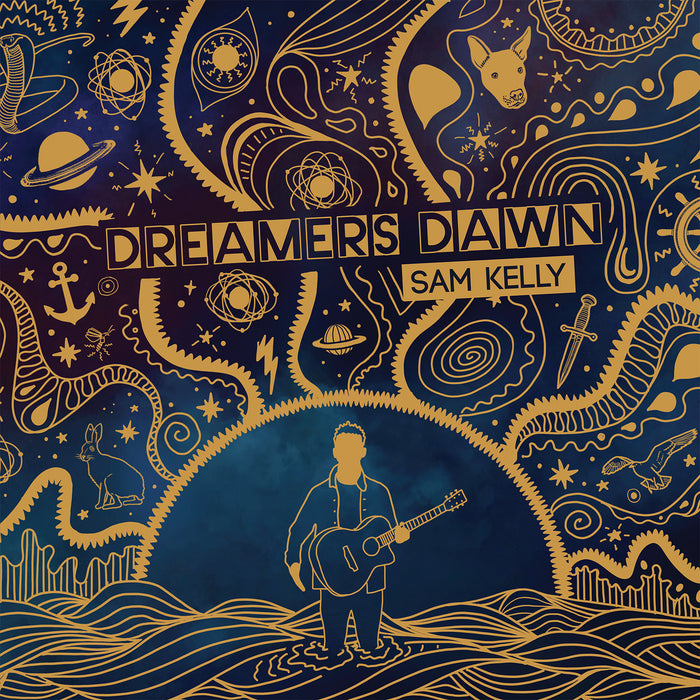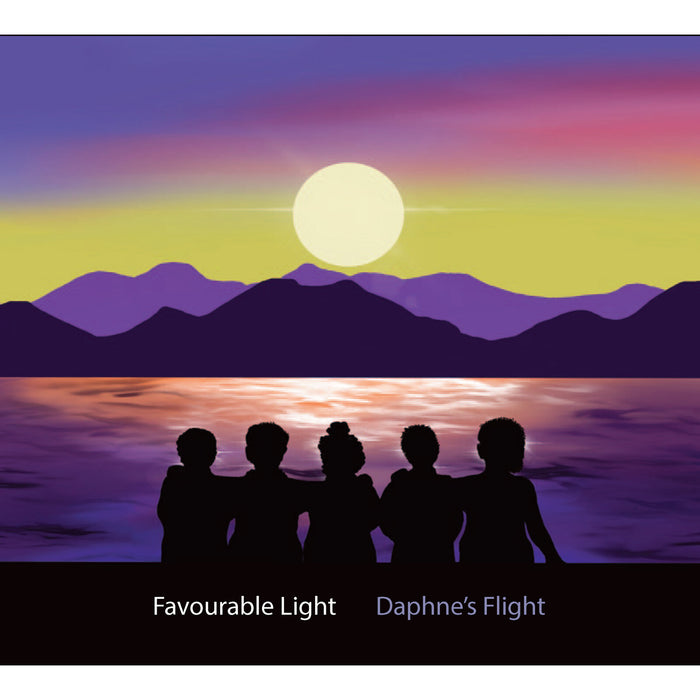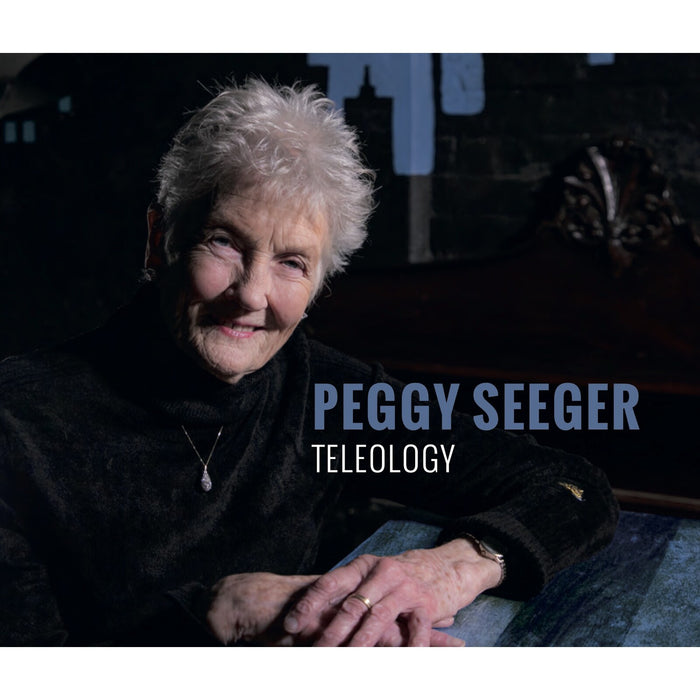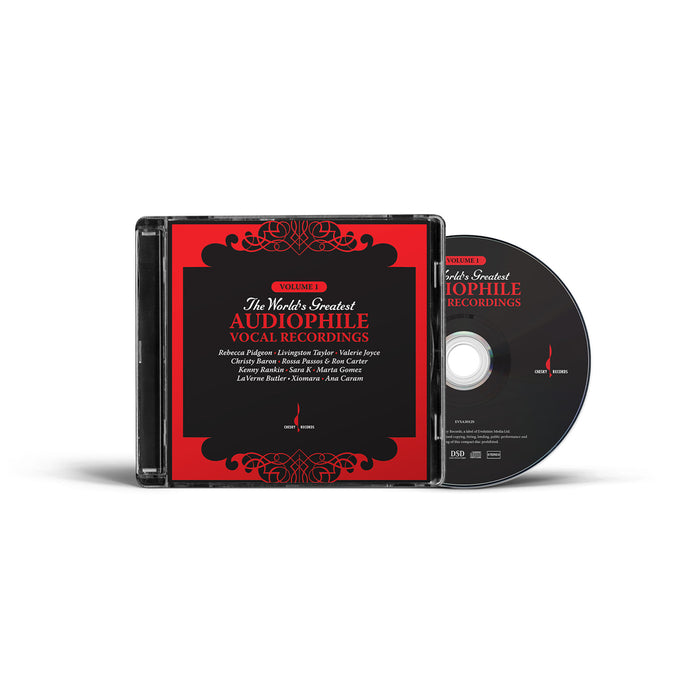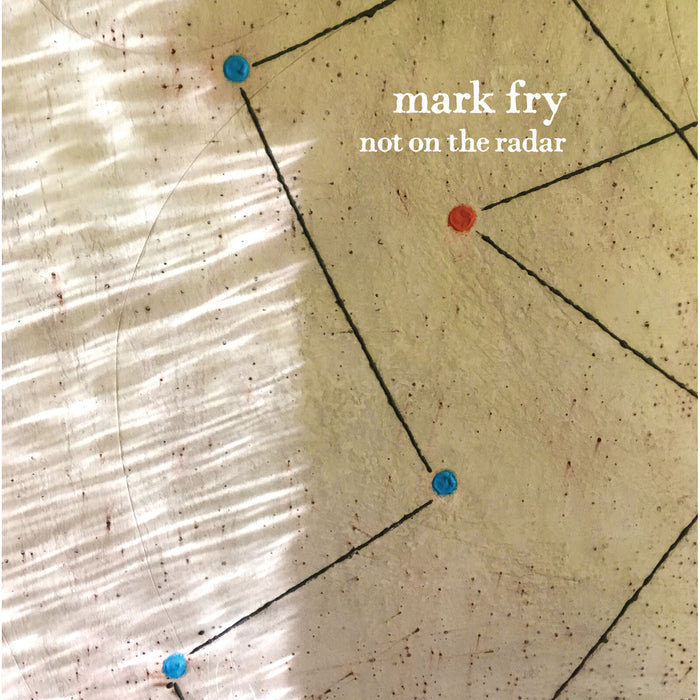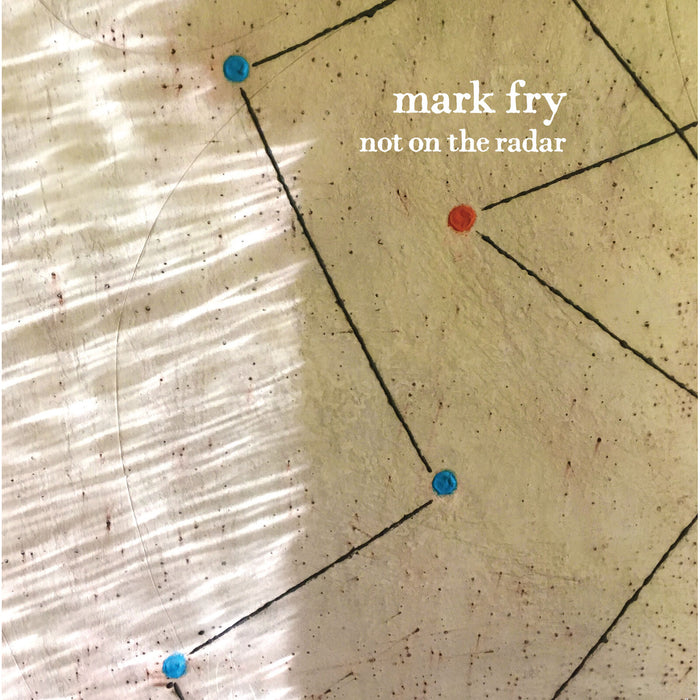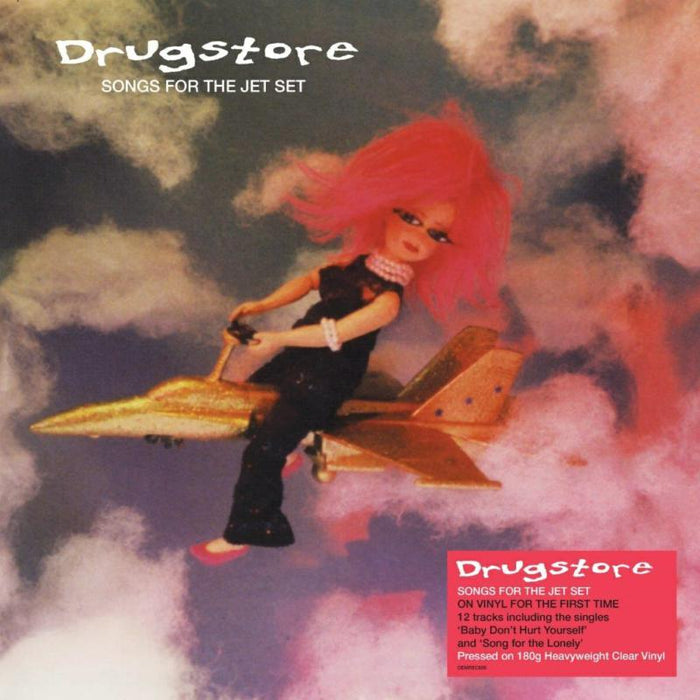Description
Third album from Brooklyn, NY singer/songwriter/guitarist/harpist Lizzie No; first album with a label partner
Let's start with this: genre is a construct.
To categorize artists might make it easier to organize record stores and playlists but there's no one term that could define any artist, least of all one like Lizzie No.
You could say that Lizzie No makes "Americana" music, in that her work pulls from the rhythms and traditions of Blues, Folk, and Country - not unlike the artists to whom she's most often compared: Allison Russell, Rhiannon Giddens and Adia Victoria - but her collaborations with Brian Dunne, Pom Pom Squad and Domino Kirkie display an undeniable Indie influence that allows No to move frequently and seamlessly between overlapping musical circles.
You could say that Lizzie No writes "protest" songs, in that as a Queer, Black woman, her entire existence is a living, breathing, singing protest against a genre and a country that, on their best days, are reluctant to reckon with the very foundations upon which they were built. The erasure of Black artists is central to the myth of country music - what it means, what it stands for, where it comes from - and so simply by standing on stage and singing, whether it be in theaters across the country with the Black Opry, or leading Queer Line Dancing nights with the Lavender Country tour, Lizzie No is staging a kind of protest.
After a dizzying five-year span that saw the release of two stunning, eclectic albums (Hard Won and Vanity, which drew praise from the likes of Billboard and Rolling Stone) - followed by appearances at AmericanaFest, the Newport Folk Festival, Hardly Strictly Bluegrass, and SXSW, and tours with Iron and Wine, Son Little, and Adia Victoria - Lizzie No found herself at the forefront of a new vanguard of genre-defying artists. Her new album, Halfsies, finds No situated among her peers while still searching for freedom - freedom from the constraints of categorization, sure, but more importantly, freedom from the depths of her own personal despair and from an increasingly violent and nightmarish American cultural and political landscape.
On Halfsies, No's writing is beautifully intricate, the personal and the political folding into each other as naturally as the patchwork of influences that inform the album's twelve tracks. From the desolation and loneliness of "The Heartbreak Store," to the roadworn rock of "Annie Oakley," to the sprawling mid-apocalyptic yearning of "Babylon," No's writing throughout the record serves as a living conversation with her influences - not just musical but literary - reflecting her reverence for a host of the great voices who came before her, from Lucinda Williams to Toni Morrison, and her search for a connection between them.
No is joined throughout Halfsies by collaborators who reflect her own musical elasticity, surrounding her guitar and harp playing with an atmosphere that underscores the album's musical and lyrical landscapes o
















